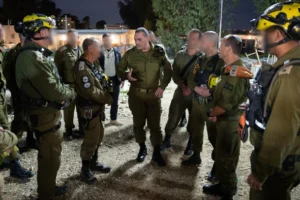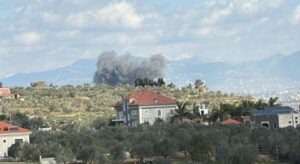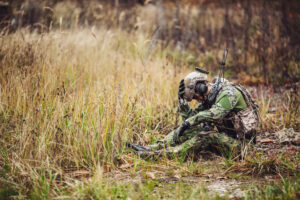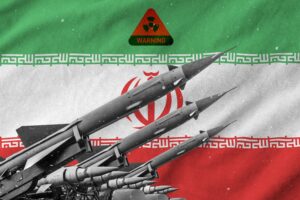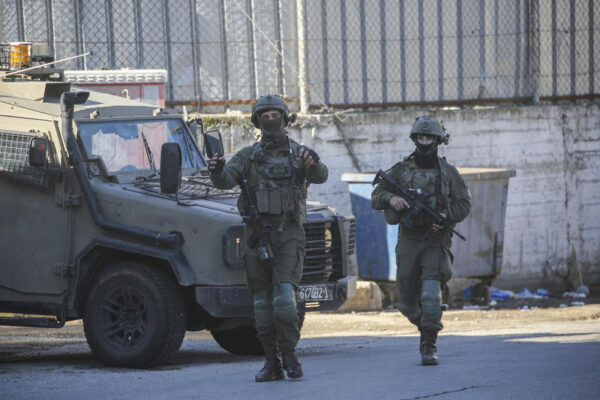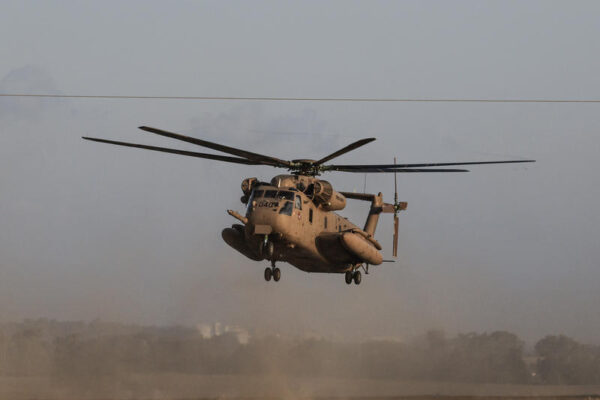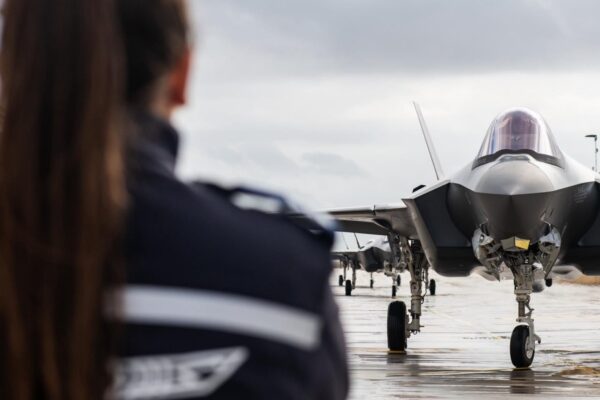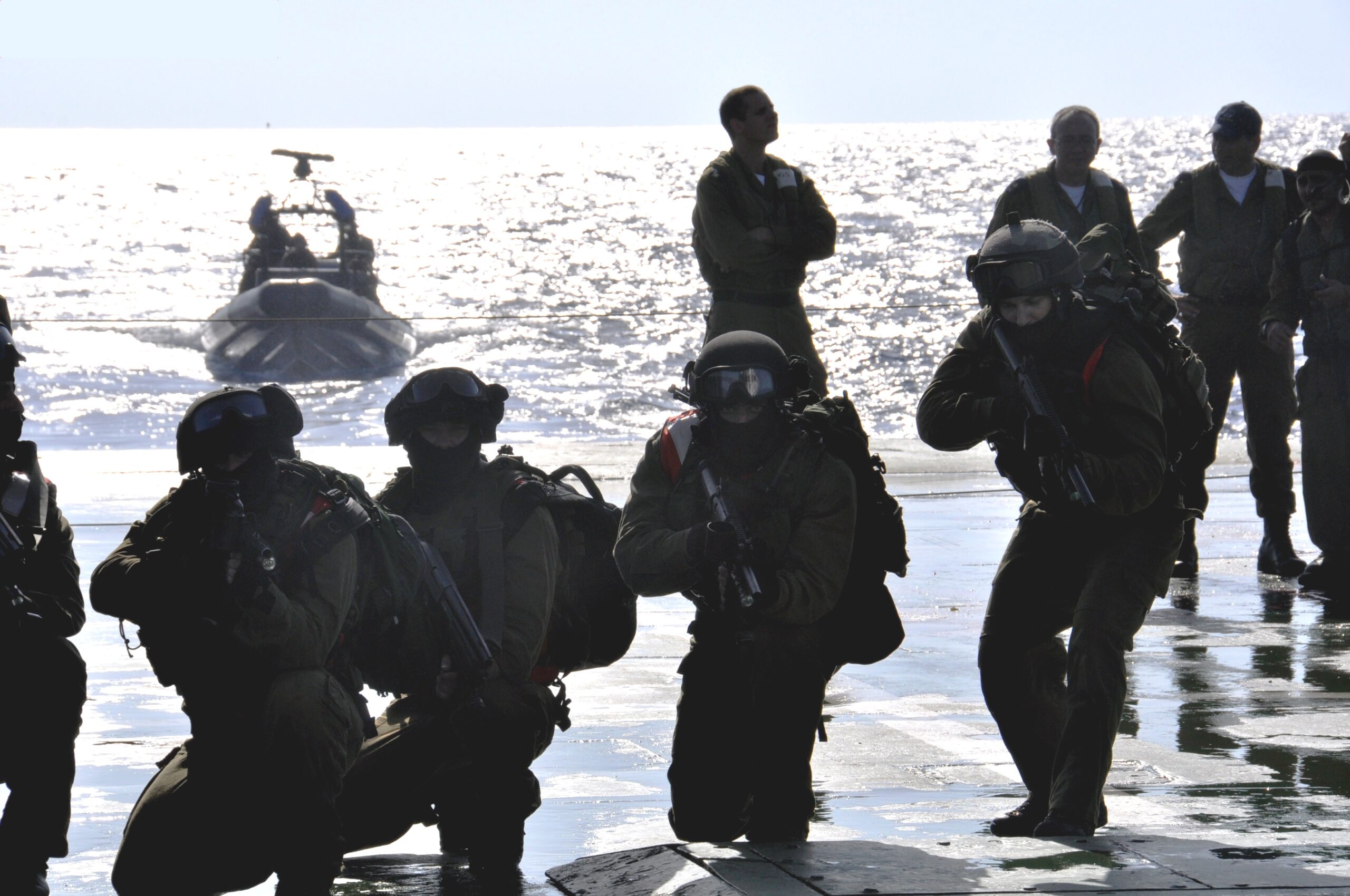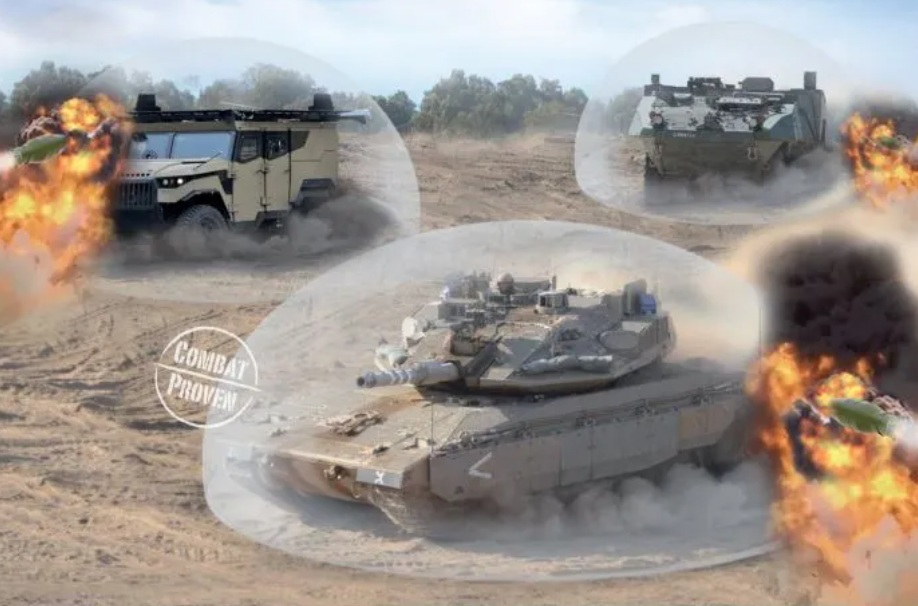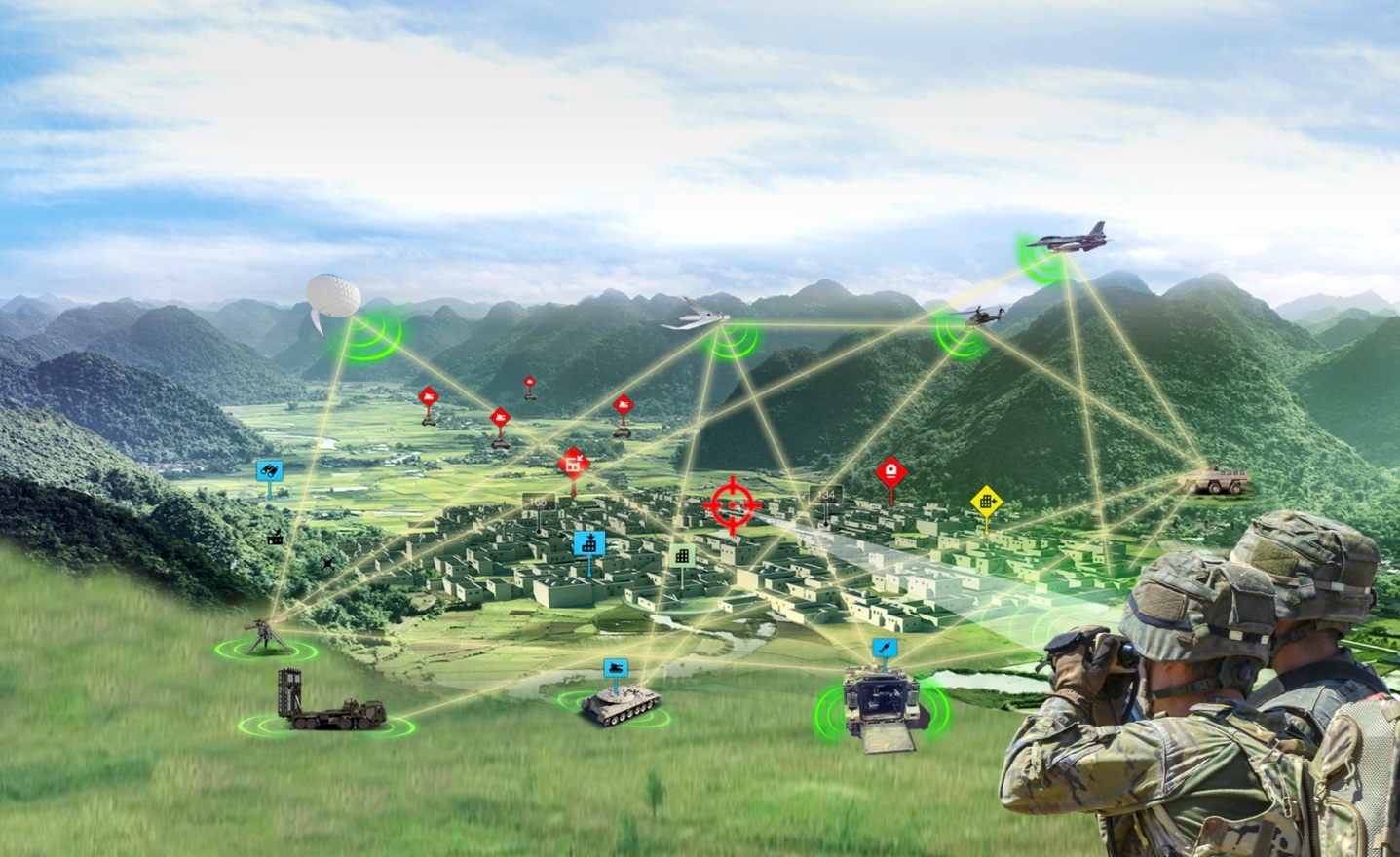Iran, seeking to expand its influence and encircle Israel, may exploit Jordan’s vulnerabilities.
By Hezy Laing
Jordan, once viewed as a stabilizing neighbor to Israel, is increasingly becoming a strategic vulnerability amid rising regional tensions.
Its geographic location and political balancing act have placed it squarely in the path of escalating conflict between Israel and Iran, turning Jordanian territory into a potential conduit for Iranian aggression.
Recent clashes between Israel and Iran have seen Iranian drones and missiles traverse Jordanian airspace, with debris falling on towns like Irbid and al-Azraq, injuring civilians and damaging property.
Though Jordan officially maintains neutrality, reports suggest it has quietly assisted in intercepting Iranian threats aimed at Israel, exposing itself to retaliation and internal unrest.
This covert cooperation has strained Jordan’s position, especially as its population grows increasingly sympathetic to the Palestinian cause and hostile toward Israeli military actions in Gaza.
Iran, seeking to expand its influence and encircle Israel, may exploit Jordan’s vulnerabilities—either by pressuring Amman diplomatically or by using its territory as a launchpad for proxy operations.
Iranian-backed militias in Syria and Iraq already operate near Jordan’s borders, and intelligence sources warn that Tehran could activate sleeper cells or smuggle weapons through Jordanian routes.
Jordan’s military, while disciplined and Western-trained, is not equipped to counter a sustained Iranian campaign or internal destabilization fueled by sectarian or ideological unrest.
The risk of escalation is real, particularly if Iran views Jordan as a weak link in Israel’s strategic perimeter.
A miscalculation—such as a failed interception, a drone strike gone awry, or a domestic uprising—could trigger a broader confrontation involving Israel, Jordan, and Iranian proxies.
While full-scale war remains unlikely, the probability of limited conflict or cross-border skirmishes is rising.
Israel must now consider Jordan not just as a diplomatic partner, but as a potential battleground in its shadow war with Iran.
This shift demands new defense postures, intelligence coordination, and contingency planning to prevent Iran from turning Jordan into a strategic corridor for attacks.
As the region tilts toward volatility, Jordan’s role is evolving from passive neighbor to possible flashpoint, and Israel must prepare for a future where threats may emerge not just from the north or south—but from the east.









